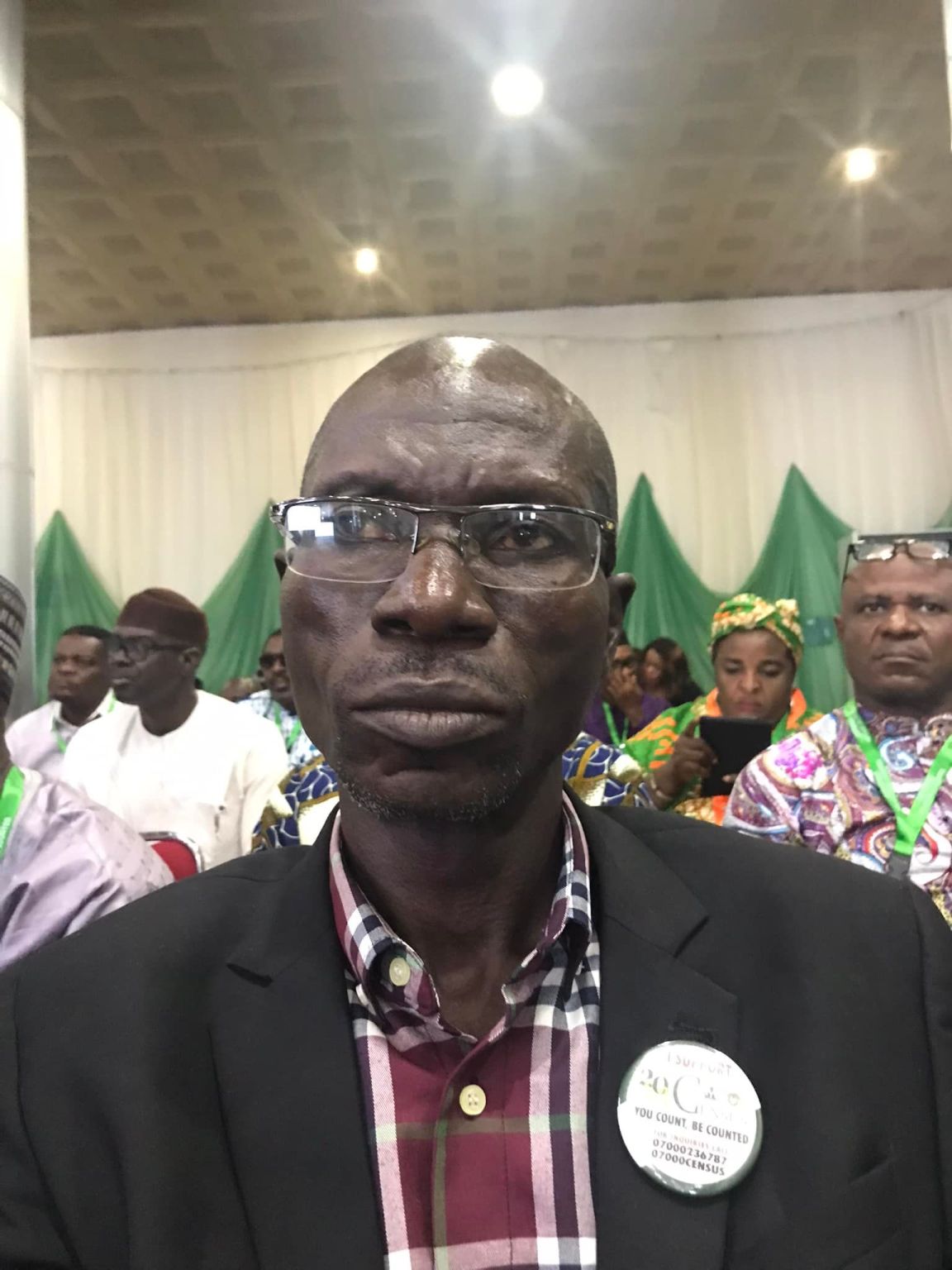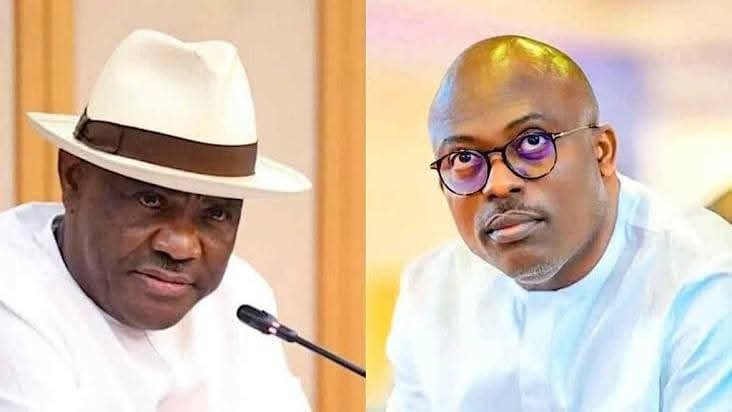By Robinson Erebi
Thank you for reading this post, don't forget to subscribe!As far as legacy projects of the present administration President Muhammadu Buhari is concerned, census is serious business, like a peacetime war. So, when the ebullient Executive Chairman of the National Population Commission Hon. Nasir Isa Kwarra announced to a mammoth gathering of the Academia in April 2022 during a workshop that as part of preparations for the 2023 National Population and Housing Census, the Commission was proposing a pilot census, Nigerians knew from antecedents that the man meant business.
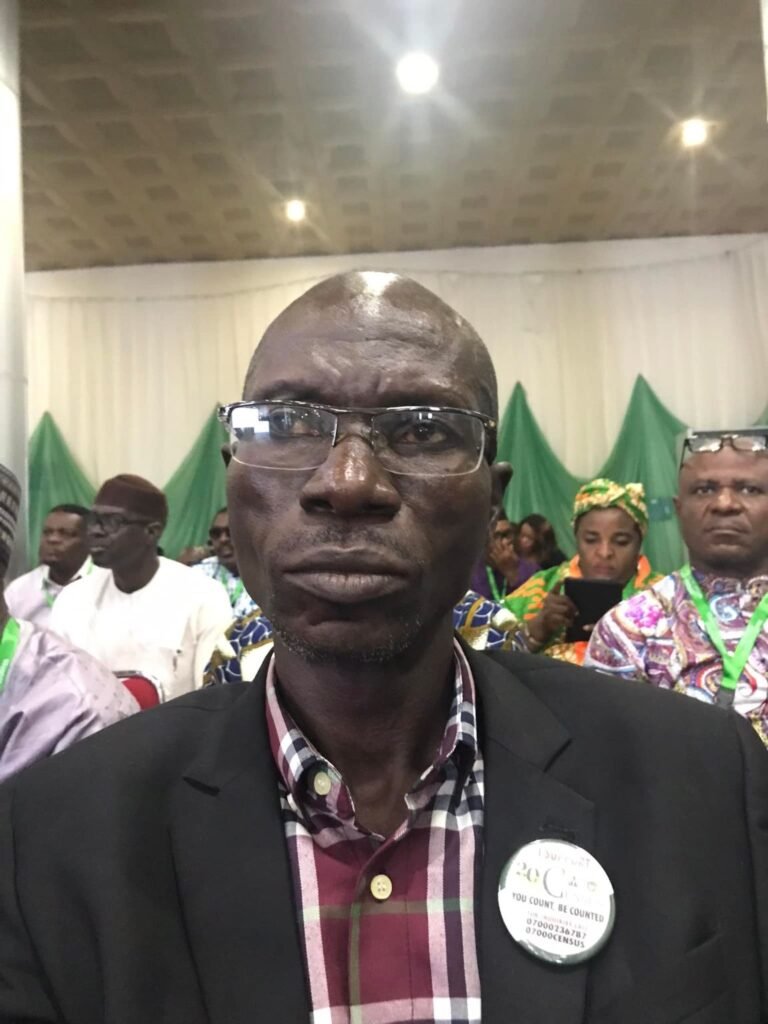
Hon. Kwarra’s announcement of the Trial Census which came on the heel of the Commission’s validation of the processes, methodologies and instruments to be used for the 2023 Population and Housing Census in Nigeria having gone through several tests in the field, revealed his commitment and transparent approach in his strides to deliver a credible, reliable and acceptable census for Nigeria.
“2023 National Population and Housing Census is designed to produce user-friendly census data that is accurate, reliable and acceptable and that the Census is a national event that every citizen must participate in by presenting themselves to be counted”.
“The Commission is drawing institutional experience spanning two national censuses and a pool of tested professionals to give the nation a truly scientific census and guide for planning within the context of escalating humanitarian crises, raging epidemic, insecurity, and worsening human development situation”, he said.
No doubt, the Trial Census has successfully come and gone, but it’s impact will continue to generate discussion amongst Nigerians, as a signpost to the conduct of the first fully digital population and housing census in April 2023, to provides verifiable information on the age and sex distribution, in addition to household composition and size, all of which are vital in determining the needs of different segments of the population for national development.
This writer was in the field of Trial Census as a Geo-Monitor with others drawn from the Academia, Senior Citizens, etc and took a cursory look at the geographical monitoring system deployed by the National Population Commission to track the progress of the enumeration process.
Prior to the Trial Census, as part of its collective resolve to conduct the first fully digital Census in Nigeria in its drive of providing credible, reliable and acceptable demographic data for development planning, the Chairman of the National Population Commission, Hon. Nasir Isa Kwarra created a Situation Room at the Headquarters in Abuja and launched the Census Dashboard and Mobile Device Management System for the 2023 Population and Housing Census.
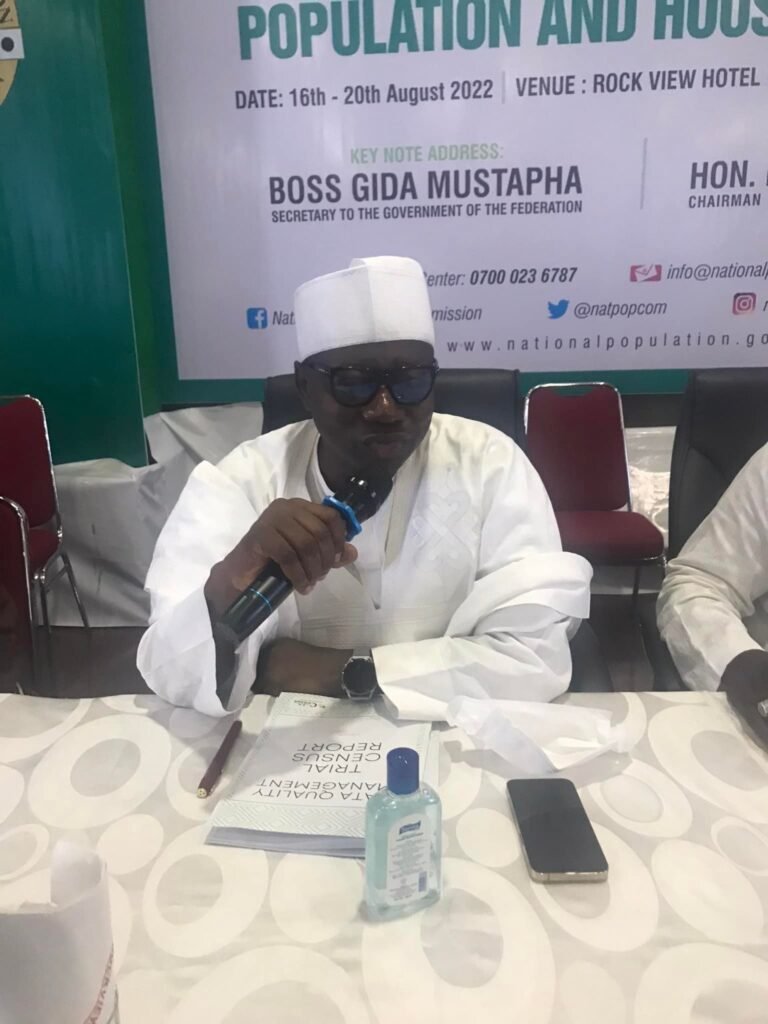
The Census Dashboard and Mobile Device Management System is a monitoring instrument to enhance the quality of data being collected during the census across the country in real-time. It means that enumeration of persons in every locality is sent directly to the Commission’s server as the events unfold.
In addition, the National Population Commission deployed over 137 geographical Monitors to keep track of the physical location of Enumerators at a specific point in time and report on other factors of fieldwork.
As earlier stated by Hon. Nasir Kwarra, the Trial Census, also known as the “census dress rehearsal” is one of the pre-census activities to evaluate all aspects of the census operation before the main census on a limited scale and covered a total of 7,681 Enumeration Areas selected from the 36 States in the six geo-political zones and the Federal Capital Territory. Out of this lot, Six LGAs were selected from the six selected States in the six geo-political zones of the country for full population enumeration while forty-five EAs in nine LGAs cutting across three senatorial districts were selected from each of the thirty-six States and the FCT for enumeration.
“It is a process in which all census operations are tested in a detailed and comprehensive manner to assess the level of preparedness of the Commission to conduct the 2023 Population and Housing Census”, he said.
Consequently, through geographical monitoring of the Trial Census, using Computer Assisted Personal Interviewer (CAPI) the National Population Commission was able to observe and received instant feedbacks on relevant information from stakeholders in relation to their perception of the Census Questionnaire content, Enumerators, community reception, level of cooperation with field functionaries by individual households, extent of trust and acceptance of the Trial Census process, Community perception of the publicity and outreach effort before the exercise, level of Support provided to the field functionaries, security challenges, boundaries issues, amongst others and recommendations sent from the selected geographical locations online, in real time.
Geo-Monitors’ report from the field indicate that the Trial Census lasted for about 25 days. First 10-12days were used for the training of Enumerators while last 10-13 days were used for building numbering and household listing, validation of EA frames and actual enumeration of persons in selected localities in the six geopolitical zones, namely, North East (Adamawa), North West (Katsina)North Central (Nasarawa), South East (Anambra), South-South (Bayelsa), South West (Ogun).
The geo-monitoring teams interviewed several key stakeholders, including community leaders, traditional institutions, Chiefs, CDC executives, women leaders and other community residents, Enumerators, Coordinators, Supervisors and several other NPC staffs, (Adhoc and permanent staff). on the Trial Census exercise which actual enumeration of persons exercise lasted for 5days.
Generally, the level of cooperation with the field functionaries by community leadership was very high as stakeholders cooperated with Enumerators throughout the exercise, and gladly provided both logistical and security support to Enumerators in their various communities to the best of their abilities.
Responses also indicated that in most of the communities, the Trial Census was adequately publicized. Community residents were available and willing to respond to questions from Enumerators. They also facilitated good working environment for the enumerators by providing accommodations, feeding and electricity to enable Enumerators to charge electronic devises, and in some cases local guides for Enumerators.
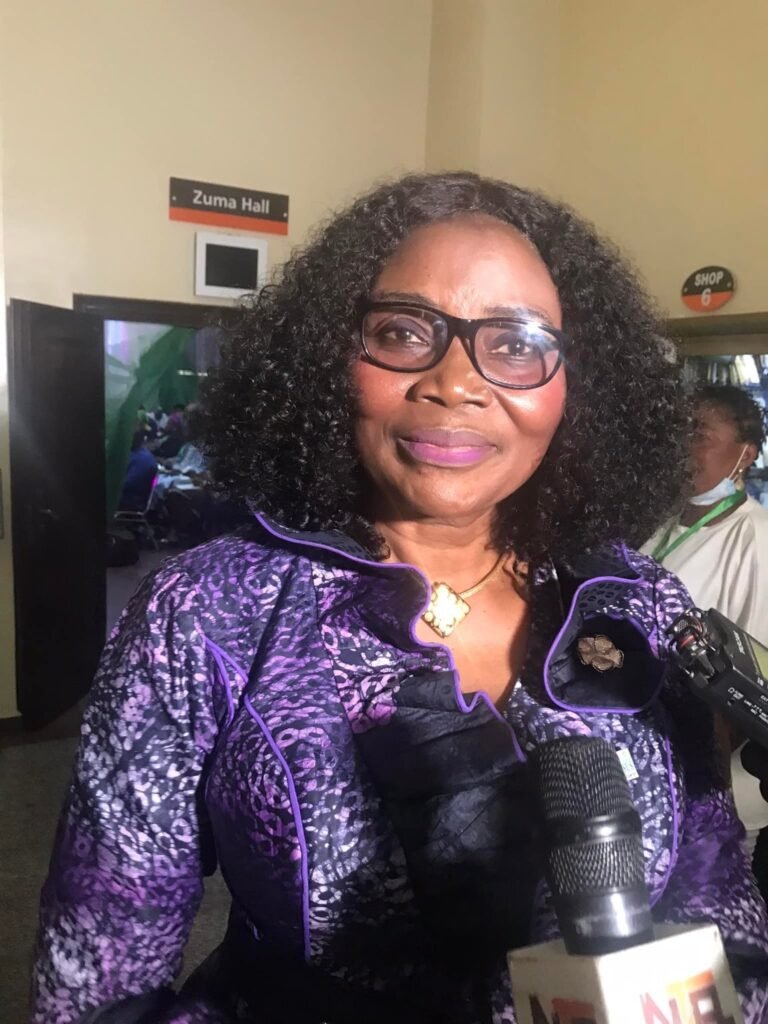
On the extent of trust and acceptance of the Trial Census process, key stakeholders expressed support for the Trial Census process. Communities would not have participated and cooperated with the process if they did not trust the process. Community leaders believe that the census was necessary. However, communities complained of the financial burden of having to provide accommodation and feeding of Enumerators and other officials during the exercise. Most of the communities felt that publicity was adequate. Though some communities also did not think it was adequate.
Some of the communities where publicity was not adequate were mostly due to such communities not owning the process. NPC sensitized communities well in advance even before the Enumeration Area Demarcation exercise that took place much earlier. The strategy was for community leadership to sustain the sensitization for their communities before the Trial Census. But some communities did not sustain the sensitization, while others did a very good work on the sensitization. Otherwise, they’re very satisfied with the Trial Census, especially, with the behavior and attitudes of Enumerators.
The National Population Commission was very efficient in the deployment of Enumerators. Logistics for the census was fair. But there were also challenges in the field. The major challenge encountered by all field functionaries was the delay in payment of approved allowances of which many complained bitterly because they did not receive some of the approved allowances as and when due. Some payment of allowances was done in piece meals mostly from the individual NPC staffs accounts which unnecessarily delayed the payment system.
The 2023 Census Questionnaire content also drew some flaks from communities who complained that 100 questions are too many and takes much time. They believe that some questions probed too deeply into their personal life. For instance, questions trying to know how many of one’s children/wards may have died. It was like opening of old wounds for many.
All said and done, the most were communities satisfied with the census arrangement. However, they were concerned mostly about the number of questions, particularly those probing questions that tries to dig deep into their private life, and recommends reduction in the number of questions and review very personal questions. They recommend also, that NPC should increase activities on sensitization and strengthen its partnership with communities to enable them own the census processes. They also appealed to Commission to improve welfare of Enumerators and other officials of the Commission. And that payment of Enumerators and other officials should be made centrally from an approved source and not through individual accounts as was the practice during the Trial Census. Stakeholders also advised the NPC to review the questionnaire to reduce the questions and remove some very personal and embarrassing ones. They expect to have a better understanding of the processes and be part of the planning for logistics and deployment of personnel for the next Population and Housing Census, while expressing concern about the fact that communities were made to cater for the feeding and accommodation of field functionaries.
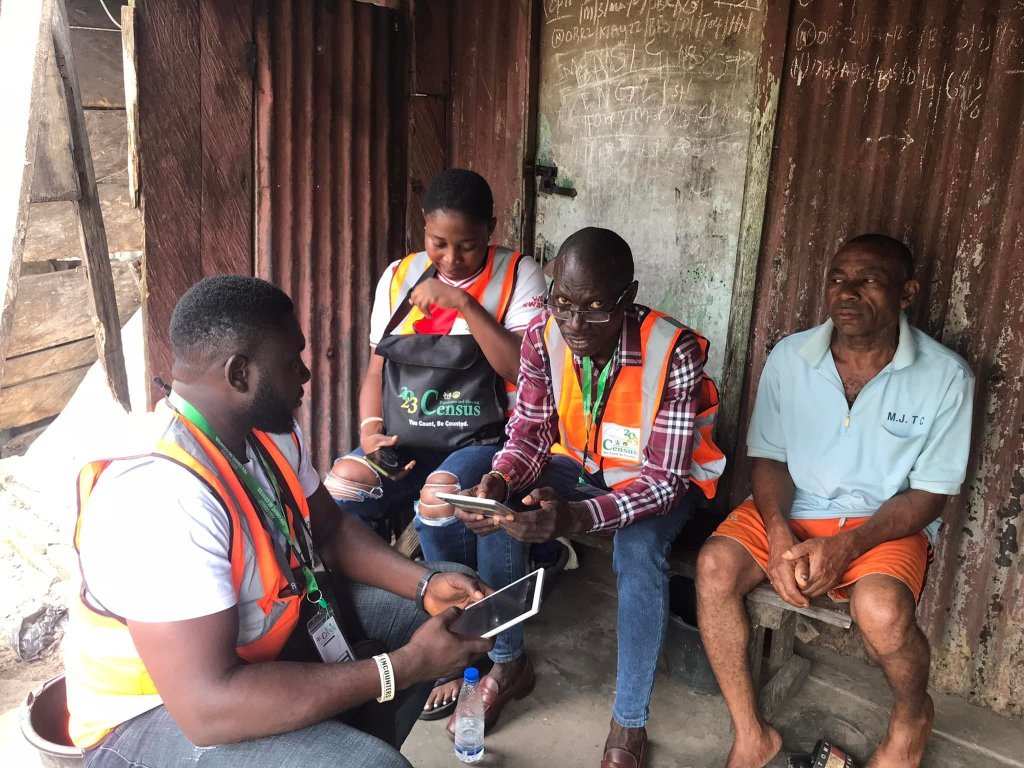
As an independent team, the Geo-Monitors recommend that the National Population Commission should among other things, (1) provide Enumerators with appropriate first AID and safety equipment (2) Payment of approved allowances to Enumerators and other categories of census functionaries should be prompt and centralized rather than the piece-meal approach used in the Trial Census. (3) Community should be involved in the monitoring of the census exercises. (4) Adequate provisions should be made for local transportation to enable Enumerators and Supervisors to access remote locations. (5) NPC should discuss payment challenges with Enumerators and promptly address complains from enumerators to maintain trust.
From all indications, there’s no gain saying the fact that Geo-Monitoring of the Trial Census is a significant step in the annals of census taking in Nigeria and does not need to be overemphasized as it has thrown up some challenges of which Nigerians believe that the National Population Commission is already proffering solutions in its exuberant thrive towards the conduct of the main census, come April 2023.
*Robinson Erebi is a retired Bayelsa State Director of the National Population Commission
